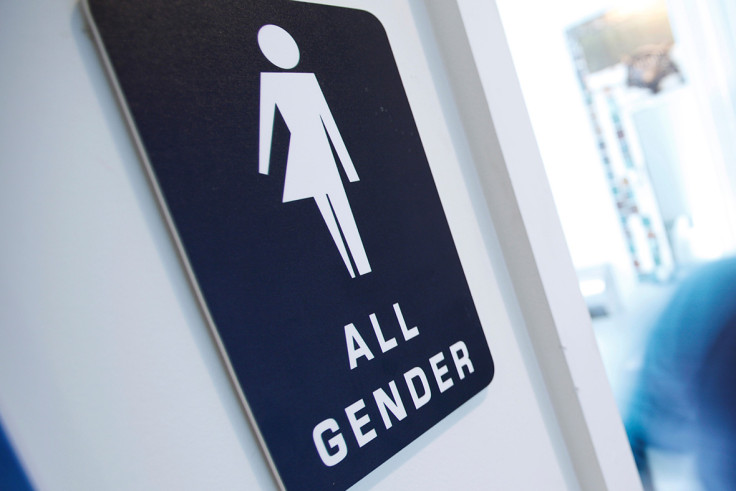Gender equality might be the solution to a longer life expectancy, according to recent study
Even the UN has admitted that the world will not be able to achieve gender equality by 2030, partly due to the setback from the social and economic fallout brought by the Covid-19 pandemic.

Researchers from The George Institute for Global Health, UK in partnership with Imperial College London produced the first-ever study that proves that there is a correlation between gender equality and life expectancy. The study also found that "addressing longstanding gender inequality and empowering women might help extend(ing) longevity for both women and men."
Though there has been some progress, in terms of the acceptance of the majority, gender equality is still a controversial topic in this modern day and age. As the fifth Sustainable Development Goal (SDG) of the United Nations (UN), it is "not only a fundamental human right but a necessary foundation for a peaceful, prosperous and sustainable world." Yet even the UN has admitted that the world will not be able to achieve this goal by the year 2030, partly due to the setback from the social and economic fallout brought by the Covid-19 pandemic.
According to the UN, recent statistics show that 26 per cent of women aged 15 and older, approximately 641 million, have been victims of physical and/or sexual violence by a husband or intimate partner at least once in their lifetime. In over 31 countries, 200 million girls and women have also been subjected to female genital mutilation.
Meanwhile, a survey from 2021 found that nearly one in five young women were married before the age of 18. The UN also stated that "up to 10 million more girls are likely to become child brides by 2030 due to the effects of the COVID-19 pandemic," apart from the 100 million female children that were projected to be at risk before 2020.
The lead author of the study, Dr Ana-Catarina Pinho-Gomes, explained that "many of the factors that determine how long you will live – like working and living conditions, exposure to pollution, access to health care, education, income, and social support – are layered with gender differences around the world." She also mentioned that once society makes more progress towards gender equality and gives women more opportunities in the fields of politics, economics, and social life, society as a whole will "reap(s) the rewards."
Alongside Dr Pinho-Gomes, Dr Sanne A. E. Peters and Dr Mark Woodward used a modified global gender gap index (mGGGI) to investigate the correlation of gender equality to life expectancy and to assess the gender gap in life expectancy across the globe. This was applied from the index developed by the World Economic Forum (WEF), which they used and applied to the data of over 156 countries between 2010 and 2021.
The WEF's Global Gender Gap Index benchmarks national gender gaps based on four key dimensions, namely Economic Participation and Opportunity, Educational Attainment, Health and Survival, and Political Empowerment. While the researchers excluded the health dimension from the study, they found that among the other three, gender equality in education had the strongest association with longer life expectancy for both men and women.
"This suggests investing in education is paramount, particularly in low- and middle-income countries, where many girls are still denied access to education and resources are limited," Dr Pinho-Gomes stated.
Another study conducted in Britain found that many women still face a "motherhood penalty" after having children, in terms of salary. The gender pay gap also strengthened the belief that achieving gender parity would take at least half a century as social inequalities continue to thrive in present-day society.
Even the WEF, along with equality experts, have stated that global gender parity is going to take more than five generations to achieve, since women still lag far behind men, especially in the world of economy and politics. The surging inflation last year also disproportionately hurt their financial health. Recent findings show that it will take approximately 60 years to achieve gender parity in Europe.
© Copyright IBTimes 2025. All rights reserved.






















